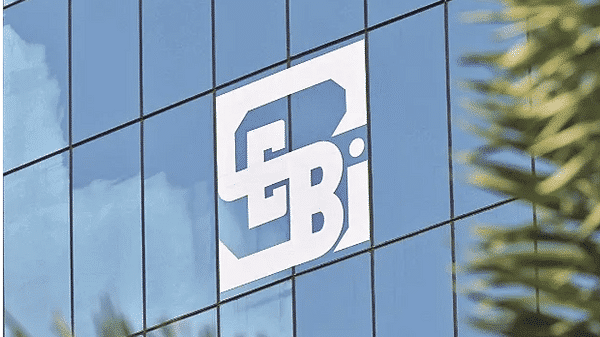The Securities and Exchange Board of India (SEBI) has suspended futures trading in key farm commodities for a year, as the world’s largest importer of vegetable oils and a major producer of wheat and rice fights to control food inflation.
India’s most significant step since permitting futures trading in 2003 could hinder market trust by making hedging challenging at a time of record-high producer prices, just weeks after farmers completed protests that resulted in the repeal of controversial reforms.
Also Read| Sensex surges over 600 points while Nifty above 16,800 in early trade
“It’s like shooting the messenger, but we have sympathy with the government because they were worried over edible oil inflation,” Atul Chaturvedi, president of edible oil trade body the Solvent Extractors Association of India, told Reuters.
The market regulator directed commodity exchanges not to introduce futures contracts for soybean, soy oil, crude palm oil, wheat, paddy rice, chickpea, green gram, rapeseed, and mustard for a year.
SEBI underlined that no new positions in certain commodities would be permitted for existing contracts.
Also Read| CMS Info Systems IPO opens on December 21: All you need to know about the offer
Traders claimed the administration, under tremendous pressure to keep food prices under control ahead of important state elections early next year, intended to limit speculation that could have fueled the rising prices.
“India is import-dependent in edible oils, and domestic prices are dictated by global benchmarks. Suspending local futures won’t solve the problem,” said a Mumbai-based dealer with a global trading firm.
Also Read| Stocks that should be on your watchlist on Tuesday, December 21, 2021
Indian edible oil prices have reached new highs this year, pushing New Delhi to slash import taxes on palm, soy, and sunflower oil in October. However, the move had just a minor influence because global prices remain high and uncertain.
According to exchange data, the combined average daily turnover of soy oil, soybeans, rapeseed, and chickpeas on NCDEX has been 12.7 billion rupees ($167 million) thus far in 2021.
Also Read| Trending Stocks: CMS Info, Mapmy India, Wipro, RailTel and others in news today
While soybean prices fell 3.5% in the spot market following the suspension, trading sources said the futures freeze was not expected to totally tackle India’s food inflation concerns.







